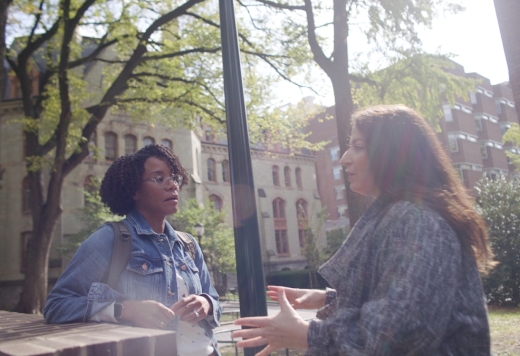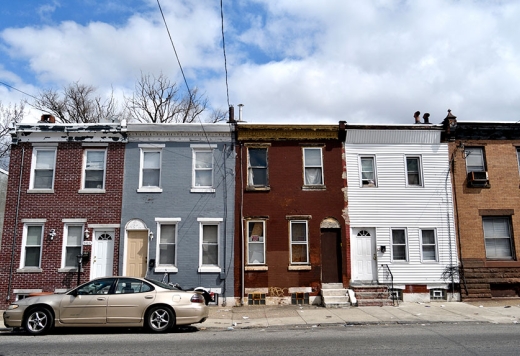NINR-supported researchers explore and address some of the most important challenges affecting the health of the American people. The highlights below feature research accomplishments from the community of NINR-supported scientists across the United States.
Looking for a particular article?
Search articles by category and keyword.

Motivated by her work as a trauma nurse, Dr. Sara Jacoby’s NINR-funded dissertation used ethnography to explore the experience and perceptions of Black patients with traumatic injuries.

This NINR-funded study examined the contribution of neighborhood characteristics to post-traumatic stress disorder (PTSD) and depressive symptom severity in Black males following serious injury.

Psychological stress during pregnancy has been associated with poor maternal outcomes in the perinatal period, including anxiety and postpartum depression. Research also indicates that nature, including access to green space in urban areas and tree canopy, improves general health, maternal mental health, and pregnancy outcomes.

Severe maternal morbidity (SMM) has increased in the United States by 45% in the last decade. While the recurrence of several adverse pregnancy outcomes from one pregnancy to the next has been established, the recurrence risk of SMM is unknown.





